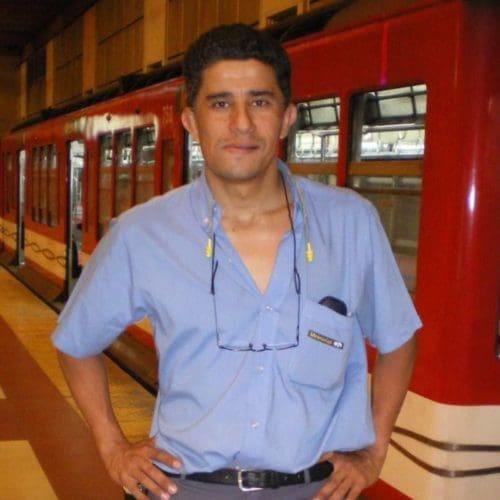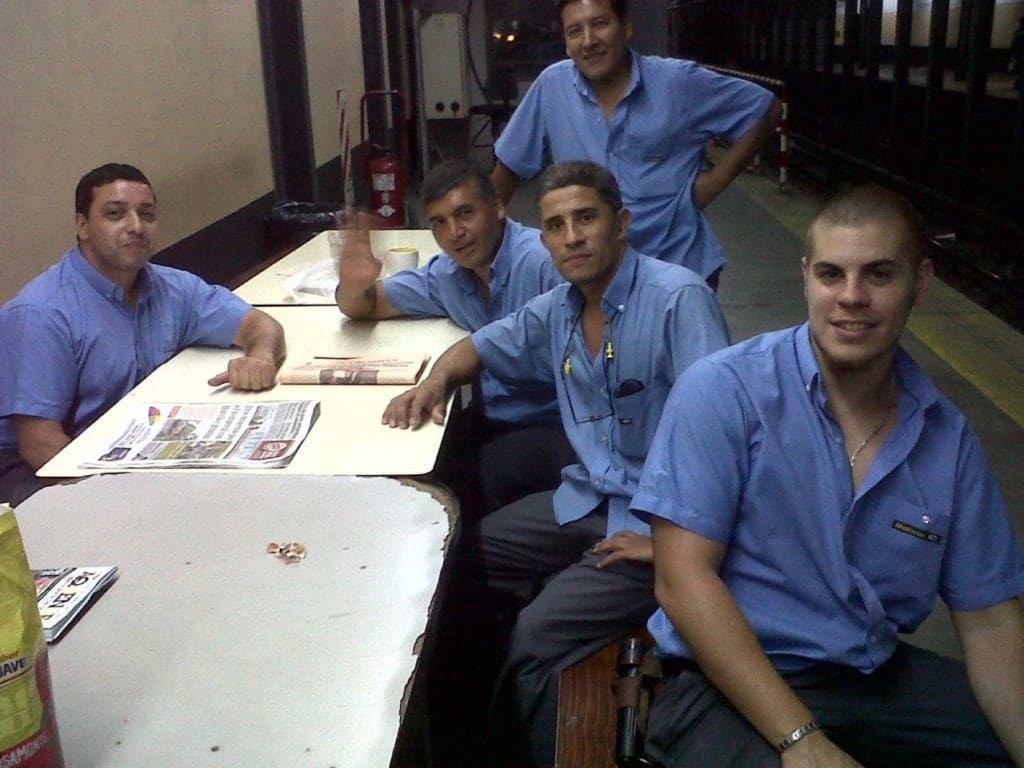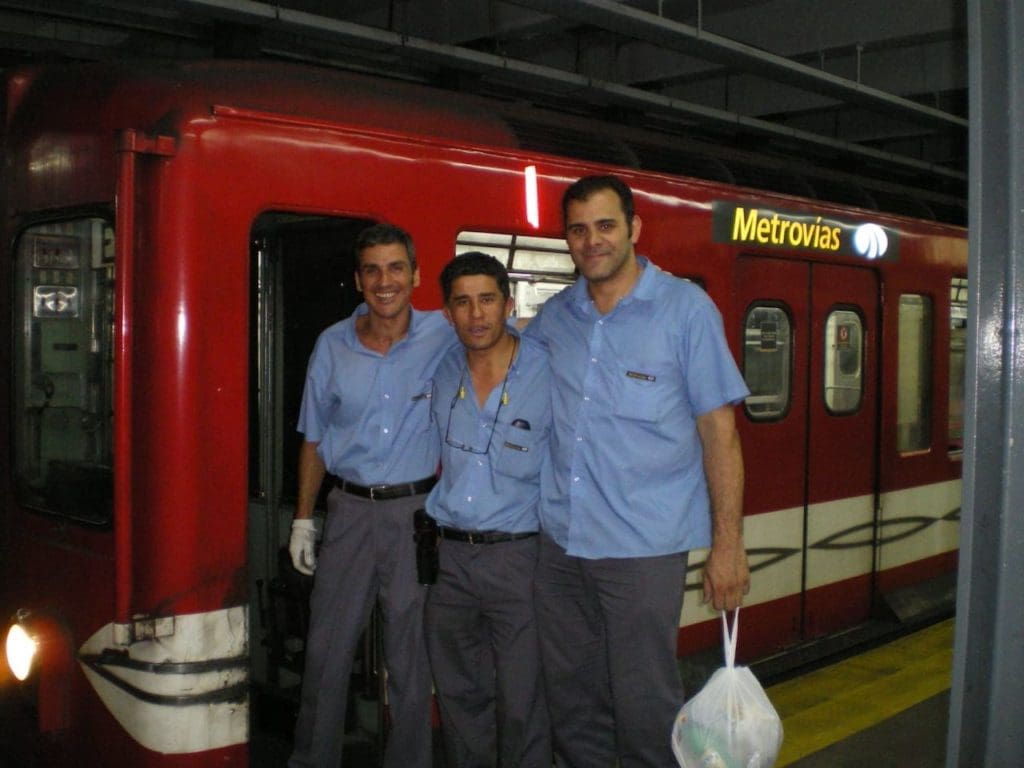City purchased asbestos-infected train cars, workers fell ill and died from the contamination
A year passed and the doctors finally contacted me with the results. They told me I had late-stage cancer in my lungs. Upon hearing the diagnosis, I felt my body tremble and I started to cry.
- 11 months ago
September 6, 2023

BUENOS AIRES, Argentina — I worked as a subway operator for the past decade. In 2019, I started experiencing issues with my health. My body felt weaker by the day, as though something was slowly destroying it from the inside. The company I worked for finally agreed to get us medical help. I underwent some tests to be safe, assuming nothing major was going on. A year passed and the doctors finally contacted me with the results. They told me I had late-stage cancer in my lungs.
Upon hearing the diagnosis, I felt my body tremble and I started to cry. It seemed unbelievable. My thoughts drifted toward my daughter, and how many years I had left with her. I began to think of all the things I had not yet done in my life, all the things I put off assuming I had more time. I spent entire nights staring at my ceiling, crippled by fear. Every morning felt like my last, and I wanted to make the most of my time with my family and friends.
Read more stories from Buenos Aires at Orato World Media
The city knew about the contaminated cars, but chose to let us die
It seemed hard to understand how this happened. I saw few symptoms before my diagnosis. Now I feel like I live a game of Russian roulette. Every night, I go to bed hoping to wake up the next day. I live in constant fear, with a gray cloud hanging over my head. I once said, “I can’t wait to retire and live out my life with my loved ones.” Now I no longer plan for the future.
I soon heard stories of people in my line of work never living past retirement age. In 2017, colleagues working at the Madrid Metro warned us that the subways in Buenos Aires were full of asbestos. Those same contaminated subways had made the Madrid Metro workers extremely sick prior to the sale. We feared for our health, but we knew there was little we could do. We demanded they conduct thorough examinations and enforce safety measures but met silence.
Asbestos minerals fly everywhere. A material stronger than steel, when inhaled it settles in the lung, embedding like a needle in the pleura, the shell that surrounds the lung. It generates calluses and pleural thickening, among other things, depending on the exposure period. With our fear escalating, we also demanded they close off the subways and bring in the exposed workers for clinical analysis.
The numbers of victims increases every day, and we are terrified of dying
It sickens me to know the lack of care the city had for its workers. All of us must frequently get our lungs checked yearly to ensure there is no inflammation or signs of cancer. My friend Jorge Pacci died of pleural cancer at the age of 55 because of our work. He never smoked or anything, but when he went for his check-up, they told him he only had one year left to live. He died nine months after the diagnosis. Today, I am 53 years old. Two out of my three colleagues died before reaching the age of 60. I feel terrified and desperate. I do not want to die.

Due to the presence of asbestos in the subway, 2,150 workers are currently under medical surveillance. Eighty-six suffer from lung diseases, six have cancer, and three have died so far. A worker from the commercial premises on the platforms recently got diagnosed with pulmonary fibrosis. We also heard of a confirmed case of a passenger seriously affected by exposure. The company and city remain aware of the issue but continue to deny the claims to avoid spending more money. They attack our accusations and sweep it under the rug. This fight feels incredibly unfair.
They outnumber us and have more power than we could ever hold united. The city needs to take accountability. The company wants to avoid the cost of the removal procedures. We tried everything humanly possible to solve this issue and protect the millions of subway users and workers at risk, but we still have not received a worthy response. They ignore our pleas and close off any opportunity at a conversation. We remain adamant to fight, but we need more power on our side.


































































































































































































































































































































































































